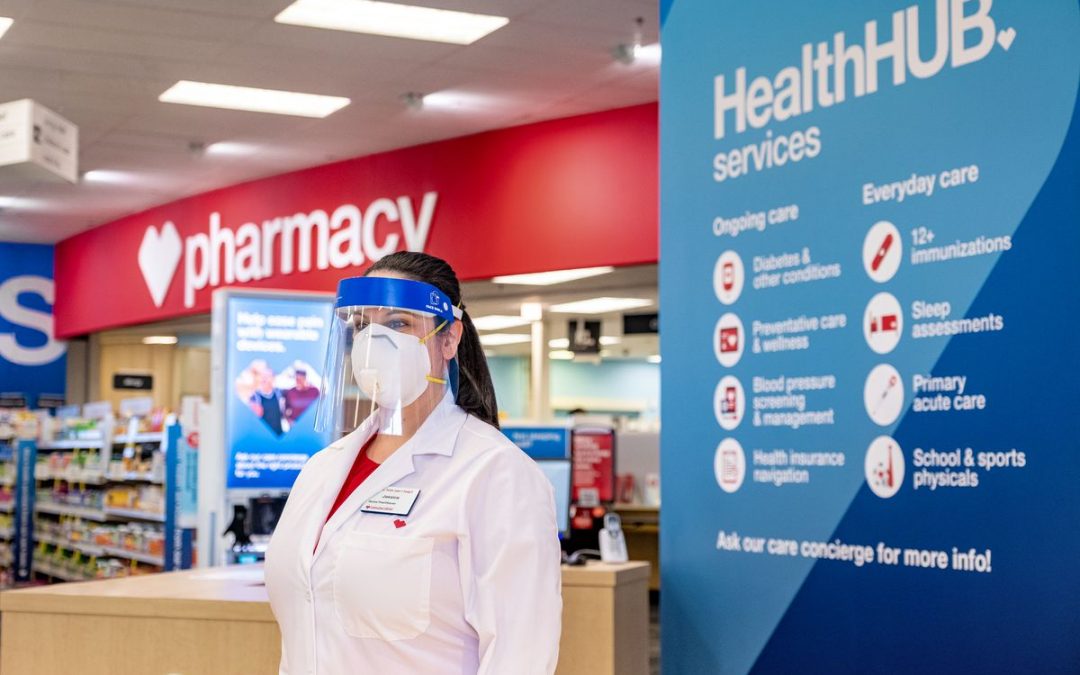During a yearly investor meeting, CVS Health laid out its plans to use telemedicine, new clinics and teams of doctors, nurses and pharmacists to push deeper into managing customer health. The company outlined a future that it expects to be defined by delivering care with what it sees as a unique mix of resources.
CVS Health reaches more people and improves the health of communities across America through its local presence, digital channels and over 300,000 dedicated colleagues, including more than 40,000 physicians, pharmacists, nurses and nurse practitioners. The Woonsocket, Rhode Island-based healthcare company owns CVS Pharmacy, a retail pharmacy chain; CVS Caremark, the country’s largest pharmacy benefits manager; and Aetna, the third largest health insurance provider in the nation, among many other brands. CVS Health has over 9,900 locations in 49 states, the District of Columbia and Puerto Rico.
CVS Health’s large presence in the American market has made it a national leader in health solutions, delivering care like no one else can. “We are closer to the consumer than anyone else,” CEO Karen Lynch told analysts during a webcast of the company’s annual investor meeting.
The retail giant intends to add a few hundred primary care centers to its mix of drugstores and HealthHUB locations it started to introduce in 2019. CVS Health hopes to open about 1,000 HealthHUB locations this year, which will offer a variety of regular drugstore and health services and wellness products. The primary care centers will employ doctors, nurses and pharmacists who offer both in-person and telehealth services. The clinics’ doctor-led care team may also include social workers and mental health specialists. By adding more physician practices and clinics to its repertoire, CVS Health also plans to continue to bolster its MinuteClinic network, which offers basic primary care services at a lower cost.
The goal of CVS Health’s plan is to give customers an easier way to keep up with their health and stay in regular contact with different care providers, depending on their needs. The hope is that this can lead to lower costs and better health, especially for people with chronic conditions or those who don’t have a regular doctor.
CVS Health is not the only retail giant with this ambition. Drugstore rival Walgreens has also moved deeper into providing health care with its acquisitions of Innovation Associates, Shields Health Solutions, CareCentrix and VillageMD. Walmart has shown interest in this area as well, grabbing technology and intellectual property assets of CareZone in June 2021. Even Amazon wants a piece of the pie, acquiring pharmacy start-up PillPack for $753 million. These retail companies are all competing to become regular guides through the complicated U.S. healthcare system for their customers, including the millions of aging baby boomers who will need more regular care and have coverage through government-funded plans like Medicare Advantage.
These deals encapsulate one of the most significant trends in healthcare M&A this year: the increasing presence and investment from consumer and retail giants. The healthcare industry is ripe for disruption, and we will have to see if these big retail players entering the market can finally shift the landscape.

